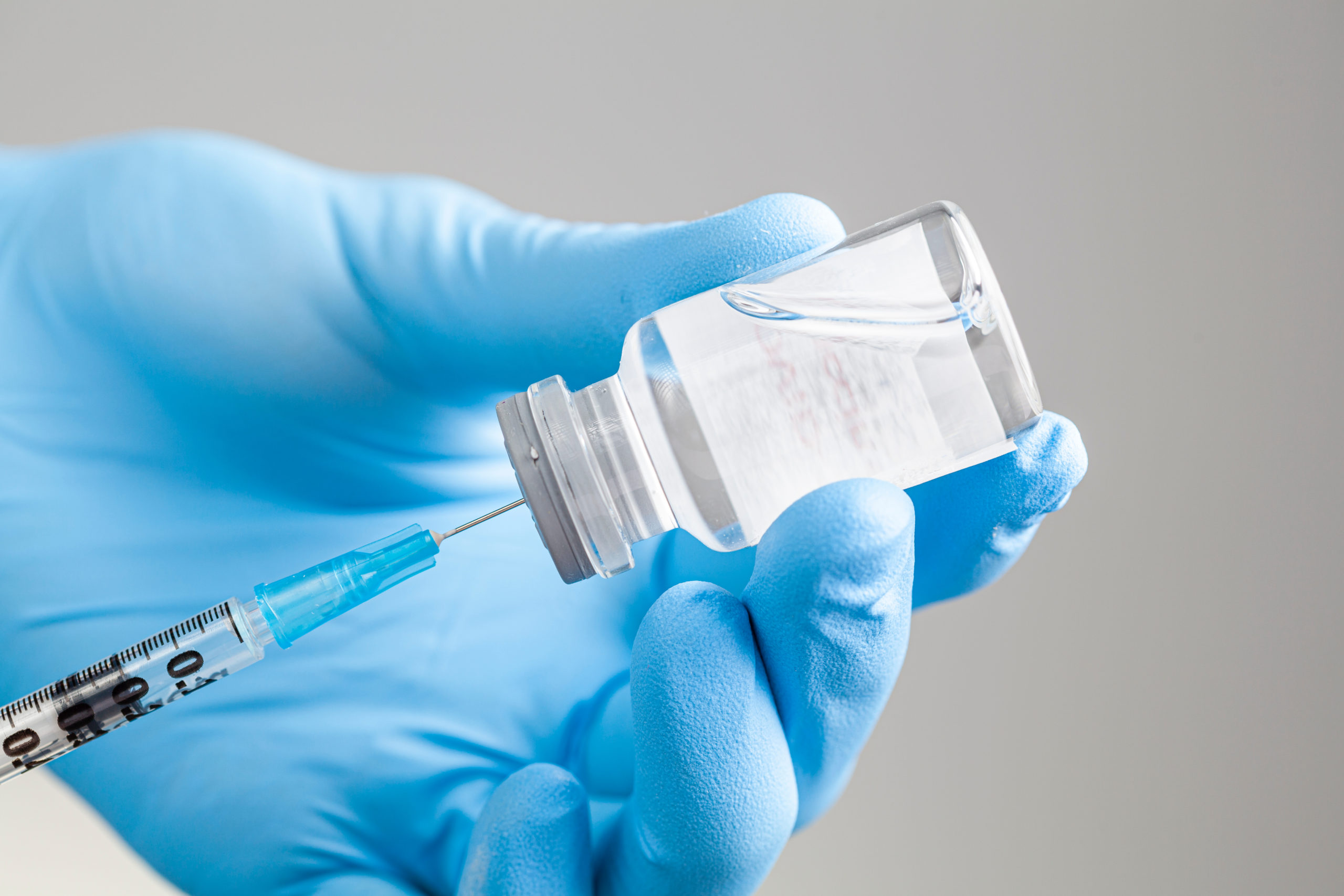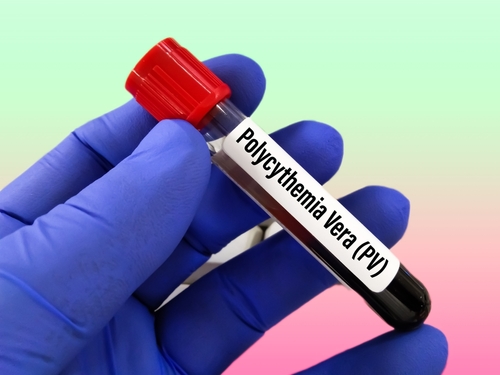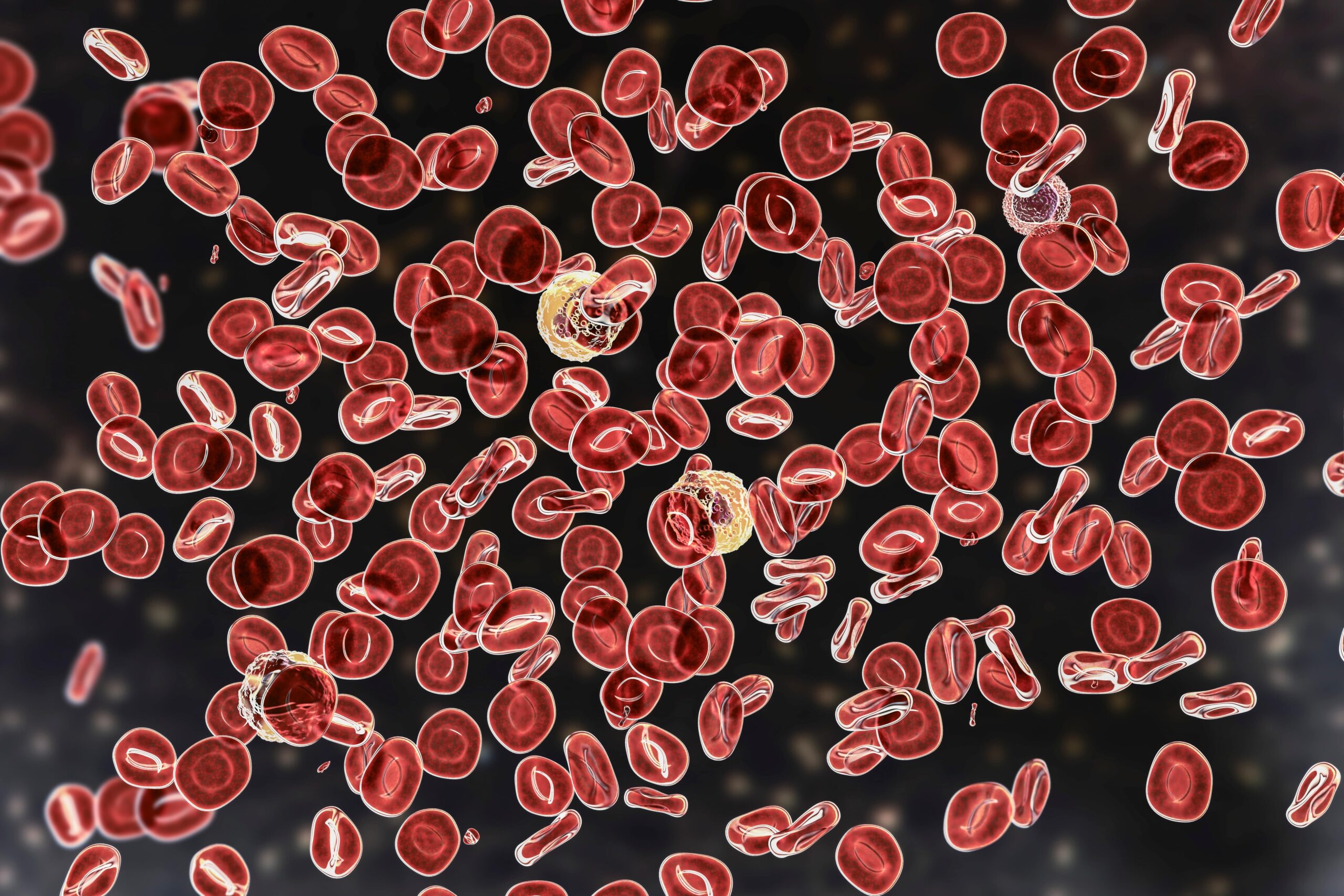Dr. Steven Romano on Promising Small Interfering RNA Compound Results in PV
By Steven Romano, MD, Andrew Moreno - Last Updated: July 31, 2024Steven Romano, MD, is Executive Vice President and Chief Research and Development Officer at Silence Therapeutics. He spoke with Heme Today about the phase I SANRECO study of divesiran for patients with polycythemia vera (PV).
Divesiran is a small interfering RNA that targets the TMPRSS6 gene. Blocking this gene increases hepcidin production by the liver, which decreases blood iron levels and curtails the excess production of red blood cells seen in PV.
SANRECO is an ongoing, open-label study of divesiran in phlebotomy-dependent patients with PV. Patients enrolled in the study had a range of baseline hematocrit and hepcidin levels. Over 34 weeks, each of the patients received four doses of divesiran, the patients beforehand having been organized into separate dosing regimen cohorts of 3 mg/kg, 6 mg/kg, and 9 mg/kg.
“We had a lengthy follow-up because this technology, small interfering RNA, is actually quite durable. We wanted to get a good sense of the effect of the drug,” Dr. Romano explained.
The study seeks to determine whether divesiran can reduce the need for phlebotomy in patients with PV and has already shown results. With the treatment, patients who had well-controlled hematocrit levels at baseline had no need for phlebotomy, and those with elevated levels at baseline had a dramatically reduced need for phlebotomy.
“We went from 59 phlebotomies in the previous six months to just two phlebotomies in the period of treatment,” Dr. Romano noted.
In patients whose hematocrit levels were well-controlled at baseline, these levels remained so with the treatment. In patients whose levels were elevated at baseline, the levels fell toward a controlled state. An increase in patients’ hepcidin levels was also observed across all hepcidin baseline levels.
“We saw a nice elevation, within physiological range, but a nice elevation, and clearly that appears to be associated with the clinical benefit that is accruing in these patients in the ongoing phase I study,” Dr. Romano said regarding the hepcidin level findings.
Up to this point in the study, divesiran has shown a positive safety and tolerability profile. No patients have discontinued the compound due to treatment-associated adverse events, and the only notable effects have been mild, self-limiting injection site reactions.







 © 2025 Mashup Media, LLC, a Formedics Property. All Rights Reserved.
© 2025 Mashup Media, LLC, a Formedics Property. All Rights Reserved.